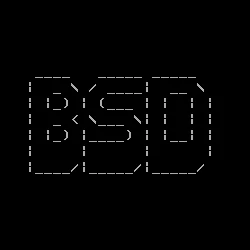Trying Out The BSDs On The Intel Core i9 13900K "Raptor Lake"

I used the same Intel Core i9 13900K, ASUS PRIME Z790-P WIFI, 2 x 16GB DDR5-6000, 1TB WD_BLACK 850 NVMe SSD, and Radeon RX 6800 XT configuration as I am commonly testing with Linux. The plan was to see how well the BSDs worked with the latest-generation Intel 13th Gen Core "Raptor Lake" processors and eventually get to some fresh BSD benchmarking.
Raptor Lake (and prior gen Alder Lake) is all the more challenging with the BSDs due to Intel's hybrid architecture and Thread Director. I am not aware of any BSD yet having support for Intel's hybrid core handling for proper task placement between the P and E cores. Many of the BSDs are also behind in their security mitigation handling compared to the Linux kernel. In any event I went ahead and downloaded the latest BSD images and proceeded to see how they would work out on this latest Raptor Lake desktop.
First up was FreeBSD 13.1... Booting off USB it got as far as showing a cursor but the FreeBSD TUI installer never ended up appearing...
Trying DragonFlyBSD 6.2.2 also failed. Mounting the root file-system failed as shown in the output, this usually ends up happening on newer hardware when encountering USB issues.
Booting NetBSD 9.3 on Raptor Lake also failed.
After three failed boots, to much surprise, OpenBSD 7.2 had booted fine on the Core i9 13900K system! OpenBSD booted on Raptor Lake! But then when proceeding with the installer, the wired and wireless networking for this ASUS Z790 motherboard were not working on this latest OpenBSD release. Thus resorting to an older USB network adapter to have a network connection. But at least OpenBSD did succeed where FreeBSD/DragonFlyBSD/NetBSD failed. But as for how OpenBSD on Raptor Lake compares to Linux for performance, that's saved for another article. This is just a quick overview for those wondering about the out-of-the-box state of these latest BSDs for Intel Core "Raptor Lake" systems, which unfortunately isn't nearly as pleasant as the latest Linux distributions with these processors.
41 Comments

